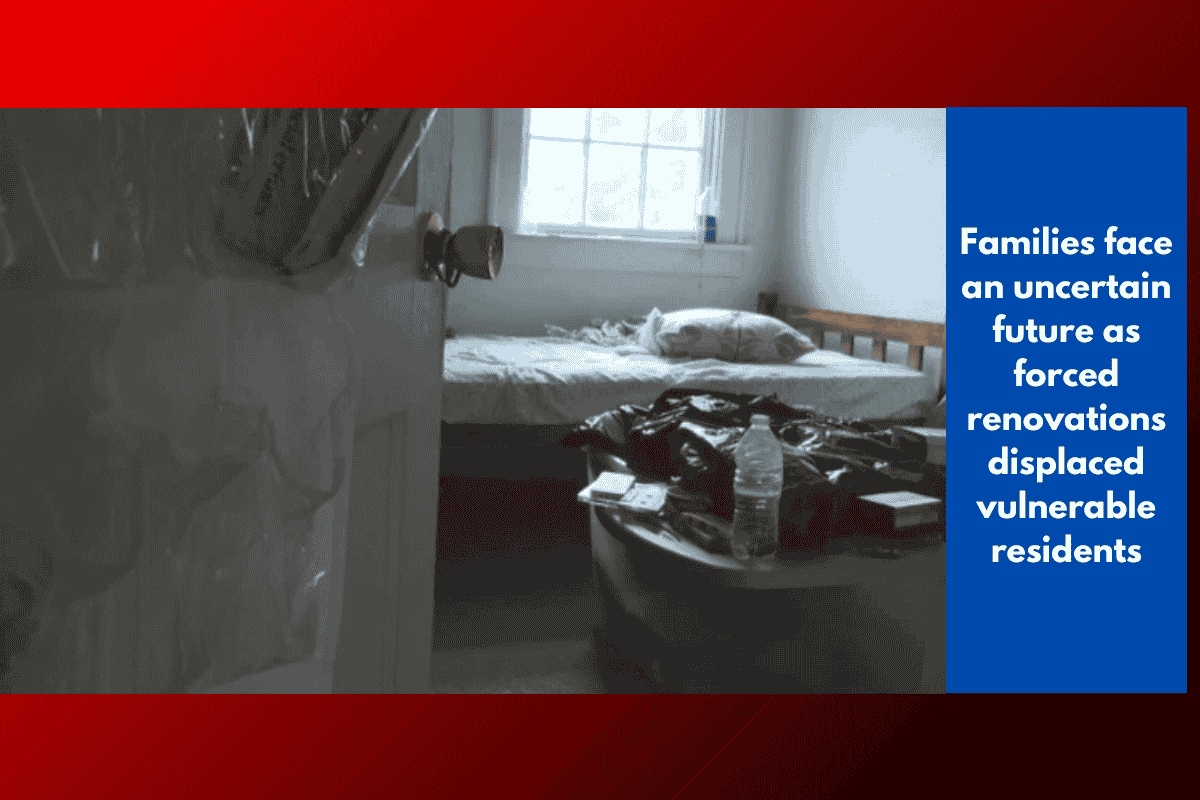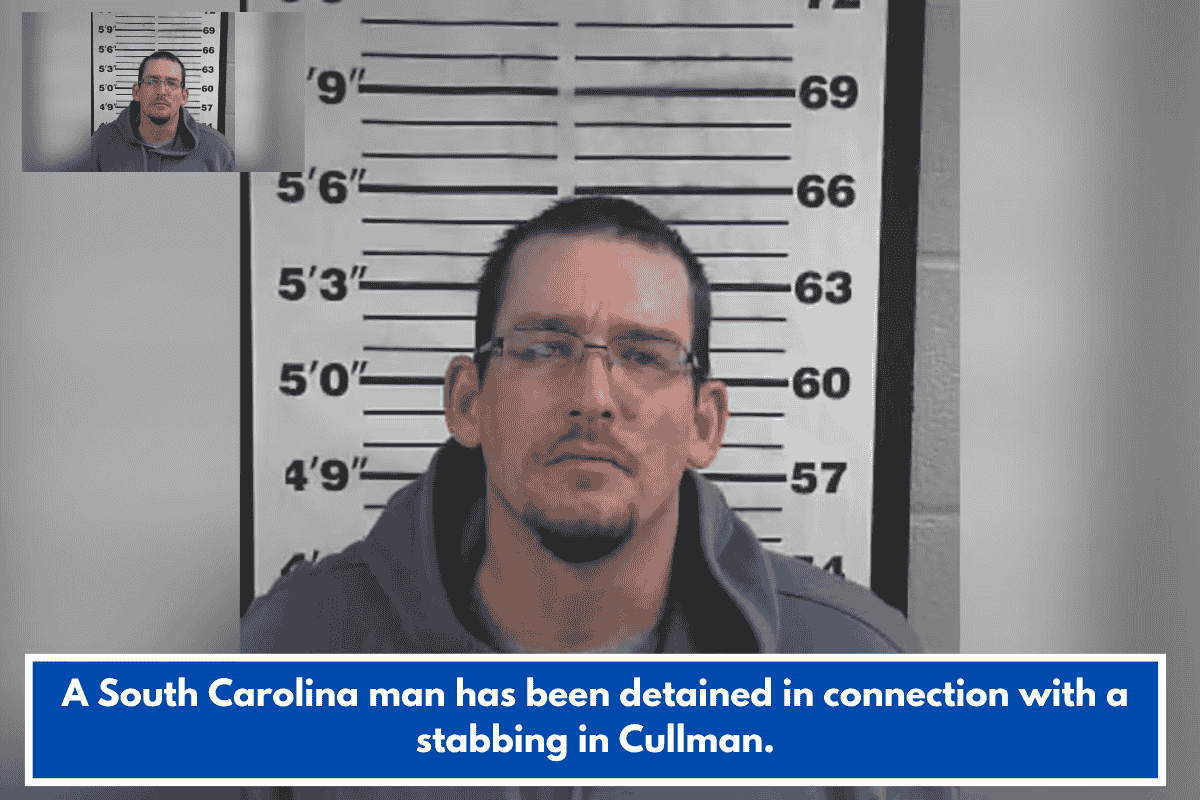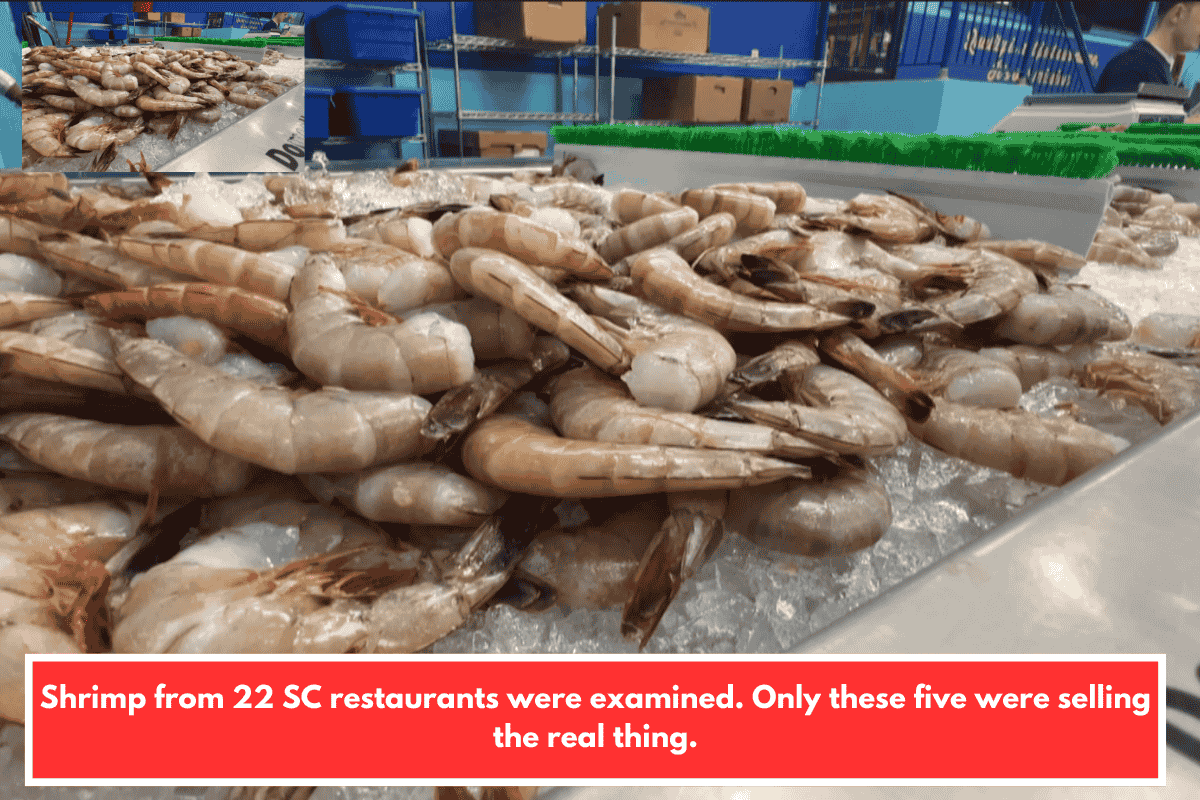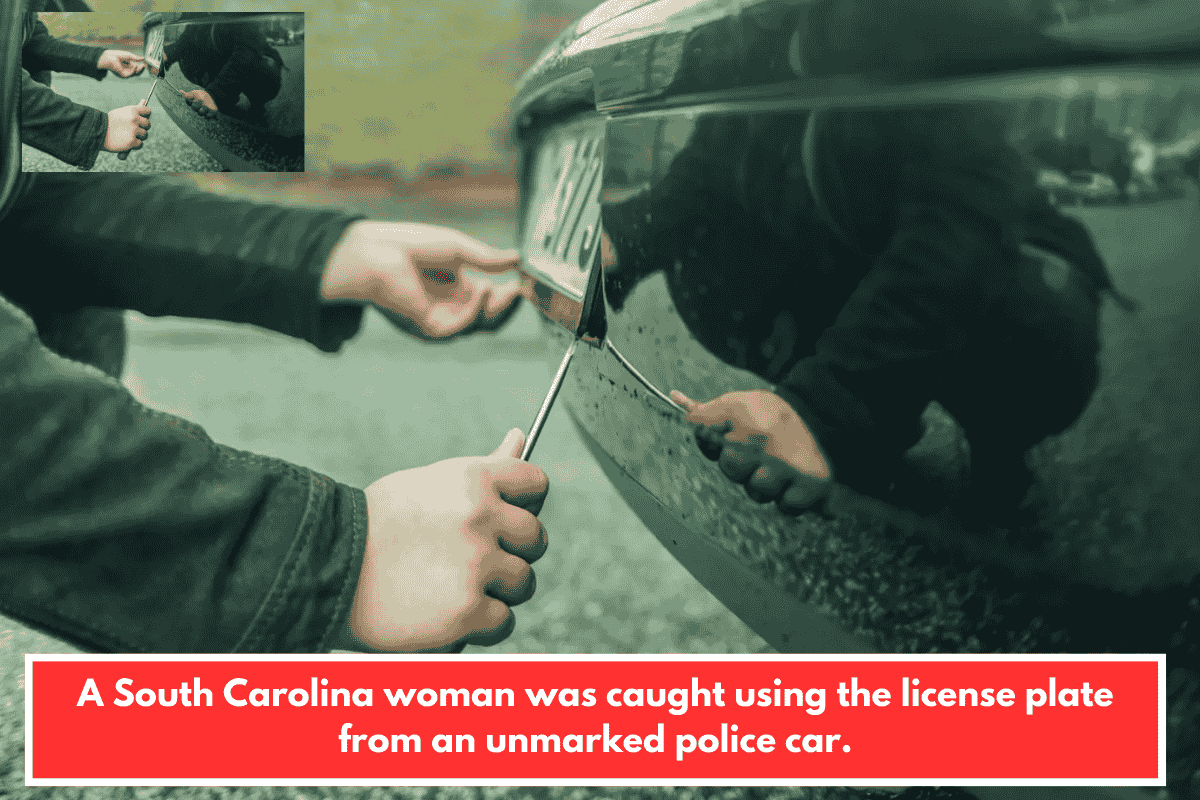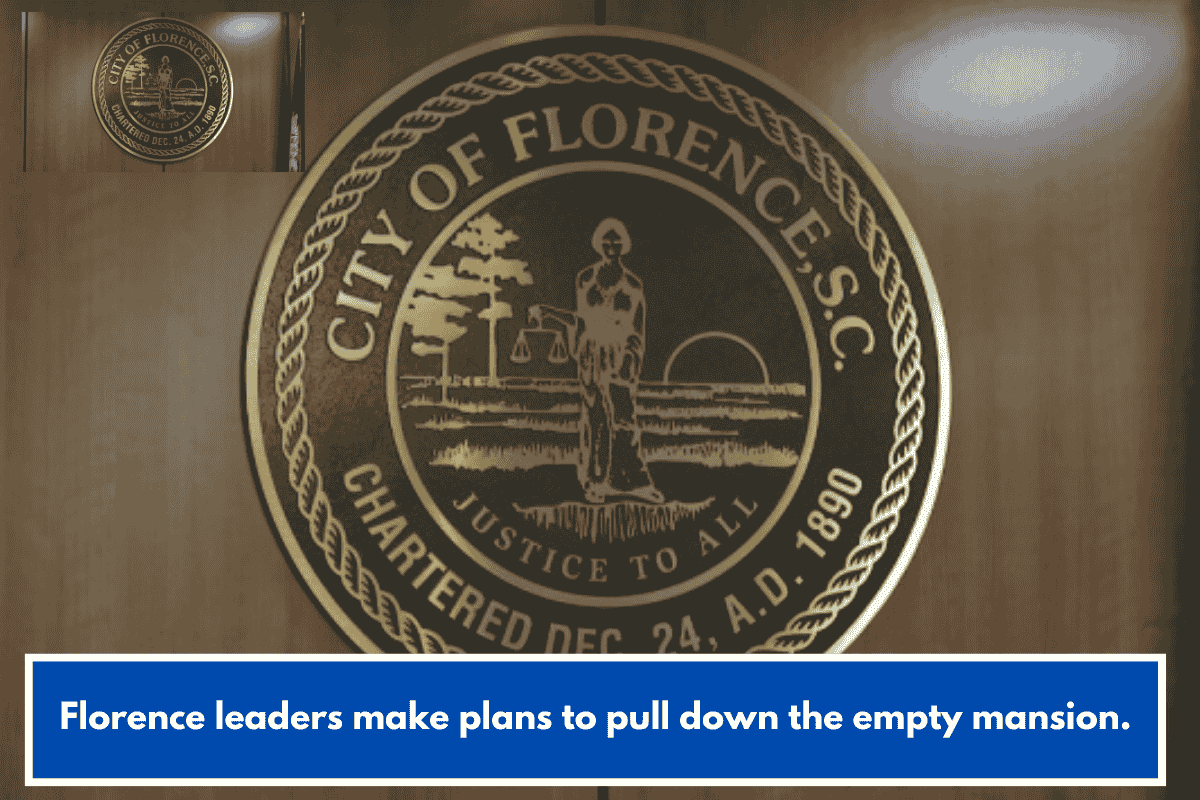Charleston, S.C. – Multiple low-income families in downtown Charleston are being forced to vacate their apartments as the landlord plans renovations, giving residents just one month to leave. Many residents, including elderly tenants and those with disabilities, say they lack alternative housing options.
Resident Concerns and Living Conditions
Rita Dupree, a resident for seven years, described the emotional toll: “One month, one month. Everybody was going crazy. Some of the neighbors even cried.” Residents report long-standing issues with the apartments, including mold, leaks, and pest infestations. Neighbor Sarah Spangler noted that many of the units are “inhabitable,” with rats and roaches taking over the building.
Financial Strain on Vulnerable Tenants
Most affected residents rely on social security or disability income, making relocation nearly impossible. Dupree shared that she’s been struggling to afford basic necessities: “All I’ve been eating for the last few days is crackers and soup. That’s all I’m living on right now, but God will provide.” Residents are also worried about the long-term consequences of eviction on their rental histories.
Landlord Promises and Skepticism
The landlord has offered temporary housing and a promise to allow residents to return after 60 days. However, residents like Dupree and Spangler are skeptical, fearing rent increases and hidden costs. The landlord reportedly plans to raise rents by $100–$150 per month, a significant burden for those living on limited income.
Community and City Response
Spangler has reached out to city officials and raised awareness on social media, but residents report little tangible assistance. “They’re physically incapable and financially incapable of making two moves,” she said. Residents stress that short-term relocation poses challenges, as most apartments require longer lease commitments.
Deadline for Eviction Approaches
Residents must vacate by September 1, and failure to comply could result in eviction records that jeopardize future housing opportunities. Despite the hardships, some residents maintain hope through faith and community support. Dupree said, “Thank God at least we got the place to move to. We worry about the rest later.”

